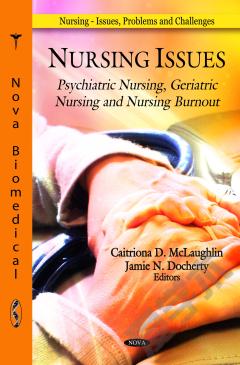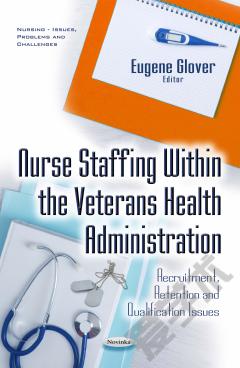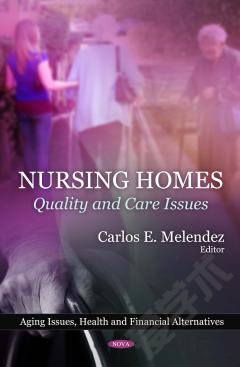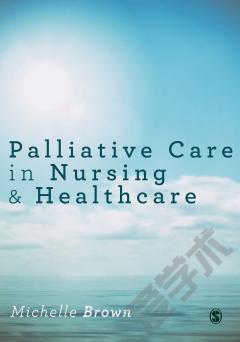Nursing Issues: Psychiatric Nursing, Geriatric Nursing and Nursing Burnout
Psychiatric nursing, although advanced in areas of interpersonal skills and manpower management, have been sadly lacking in the area of research relating to practice. This book aims to provide empirical evidence in relation to understanding a fundamental aspect of the psychiatric nurses' role, namely what constitutes the therapeutic relationship. The problems nurses face in their approach to risk assessment and management, which is affected to a considerable degree by who defines that risk and how it is defined, are discussed. Furthermore, whether we like it or not, risk assessment and management is a regular and daily occurrence in health care. Using case vignettes from teaching and therapeutic research, the authors of this book explore ways in which inner and outer dialogues are at play as the mental health nurse attempts to make sense of the experiences of mental pain narrated by people in his/her case. In addition, work-stress and burnout complaints are increasingly leading to higher levels of absentee rates at work. Superimposed organizational demands, work overload and limited decision-making capacities are often associated with the development of occupational stress by nurses that eventually create a sensation of professional burnout. A comprehensive literature review relating to nursing burnout, an issue that has received increasing interest from researchers and healthcare administrators is explored in this book. Other chapters address individual work experiences, coping strategies and health decisions made by nurses for patient care.
{{comment.content}}








 京公网安备 11010802027623号
京公网安备 11010802027623号